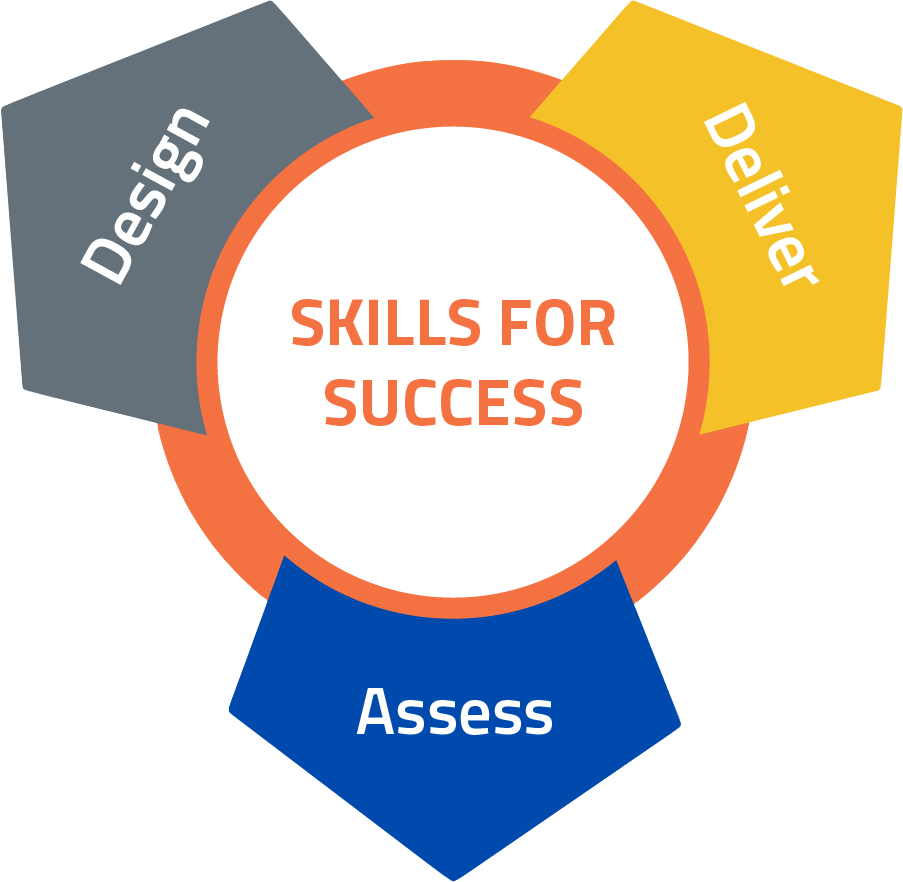Collaboration skills are used to contribute and support others to achieve a common goal. Effective collaboration requires a number of different skills, such as teamwork, active listening, conflict resolution, fostering inclusivity, providing feedback and clarifying roles.
- ABC UPSkills for Work: Collaboration. https://upskillsforwork.ca/wp-content/uploads/2021/08/ABC-UP-Collaboration.pdf
- Skills for Success Work Ready Youth Program. Skills Canada. https://yourskillsforsuccess.com/wp-content/uploads/2022/07/W7-EN-Collaboration.pdf
